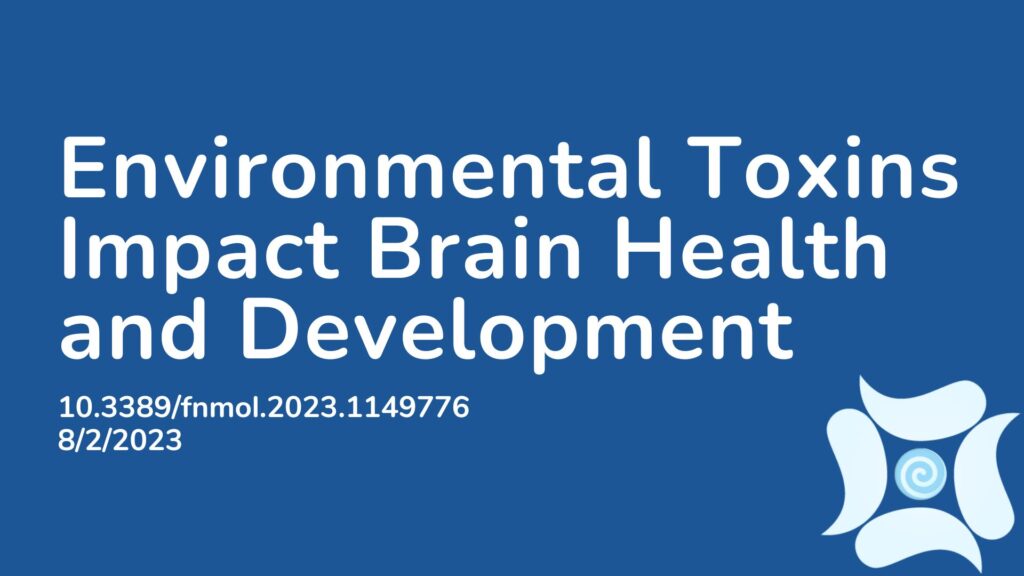Summary:
Exposure to environmental toxins like cigarette smoke, air pollution, and pesticides can harm brain health, leading to cognitive decline and neuro-degenerative diseases like Alzheimer’s. Furthermore, exposure to these toxins during brain development periods can cause developmental disorders and birth defects. The exact mechanisms are still unclear but may involve oxidative stress, inflammation, and neurotransmitter changes. Research articles in this field have explored the effects of toxins on brain health, including air pollutants, cigarette smoke, and opioids, and often find that the mechanism causing harm is via damaged cells, oxidative stress, and neuro-inflammation. Studies have also examined how smoking affects post-surgical recovery and maternal smoking’s impact on offspring brain development. Maternal exposure to opioids during pregnancy can also have long-lasting effects on the developing brain, potentially contributing to neurological diseases. These findings provide insights into potential therapeutic targets and preventive measures against the harmful effects of environmental toxins on brain health.
Abstract:
N/A – editorial
Article Publication Date: 8/2/2023
DOI: 10.3389/fnmol.2023.1149776



